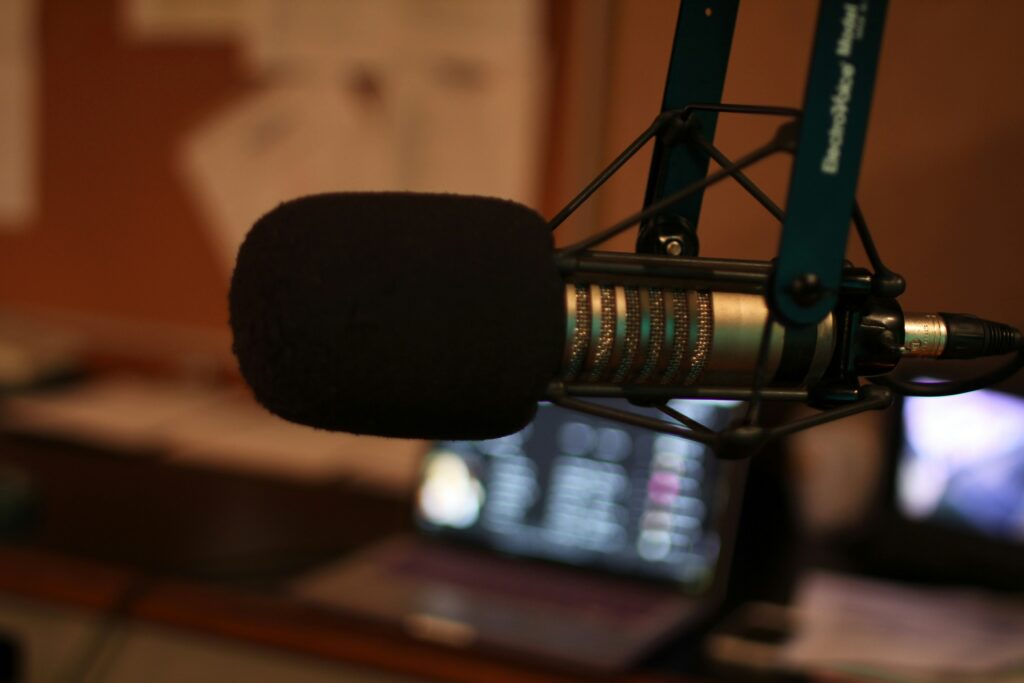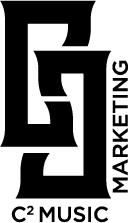
Interviews, whether written via email, taken as a call or recorded with video, are a means for bands and artists to showcase their personalities and share interesting stories. Interviews are a great way for fans to learn more about you and/or your band. This guide provides some tips to assist with media training and to assist with building confidence for taking on interview opportunities.
Time and Place
Email interviews are easily undertaken at any time and any place, provided of course you have access to your phone or laptop. When it comes to phone/video calls, consider the following:
- Are you audible? Taking a call on the train or while at a gig won’t provide the best audio quality, assuming they can hear you at all over any background noise. Where possible, use a microphone (if you have a home studio/ studio space, make use of it). If additional equipment is unavailable, make sure you are in a space where background noise is as minimal as possible.
- Are you visible and in frame? For video calls, position yourself in a well lit space, ensuring you are clearly visible and proportioned in frame. Natural lighting is always best but if extra lighting is needed ring lights are a more affordable option if you don’t have access to studio lighting. Also, make sure there isn’t anything in frame or in the background that you wouldn’t want visible on the internet.
Effective Answers and Etiquette
Different journalists and interviewers will have varying interview styles. Some may be more ‘straight to the point’ with shorter or more general questions, while others may have taken a deep dive into your biography and ask specifically about your new release or a niche aspect of your band’s history, for example.
- Do ask for a general overview or an idea of the questions going to be asked in advance if that would make you feel more comfortable. Some journalists may not wish to give you the exact questions, but most will provide an overview of topics they are interested in discussing.
- Do specify in advance if there is a topic you do not wish to cover. This will save the interviewer’s time when preparing questions.
- Do expand on your answers. The aim of the interview is to learn more about you as an artist and anything you are currently promoting, e.g., a new album or tour. If you feel comfortable, share some extra details about the behind-the-scenes processes of writing and recording, or maybe you have a funny story about being on tour. that being said, keep it clean and don’t share personal information about other people without their permission.
- Don’t give simple ‘yes’ or ‘no’ answers. To add to the point above, use the questions to discuss some additional information that the interview may not know. Or frame it to focus on your new release if it’s relevant.
- Don’t be afraid to ask for a question to be repeated or rephrased. Whether the Wi-Fi has cut out briefly or if perhaps the interview is not taking place in your first language, the interviewer should have no issue in repeating any Qs where necessary.
- Do be gracious. Show your appreciation during the interview, and after by ensuring to share it on your social media channels. Remember, if the interview goes well for all involved, the journalist will be more likely to invite you back in the future.
- Do take a look at some interviews from your favourite bands. Think about what you do or don’t enjoy about these interviews, and use that as an example to draw upon.
If at any point ahead of, during or post the interview process you have any issues, speak to your PR or contact the journalist if they can assist. Any issues are always best handled professionally.
